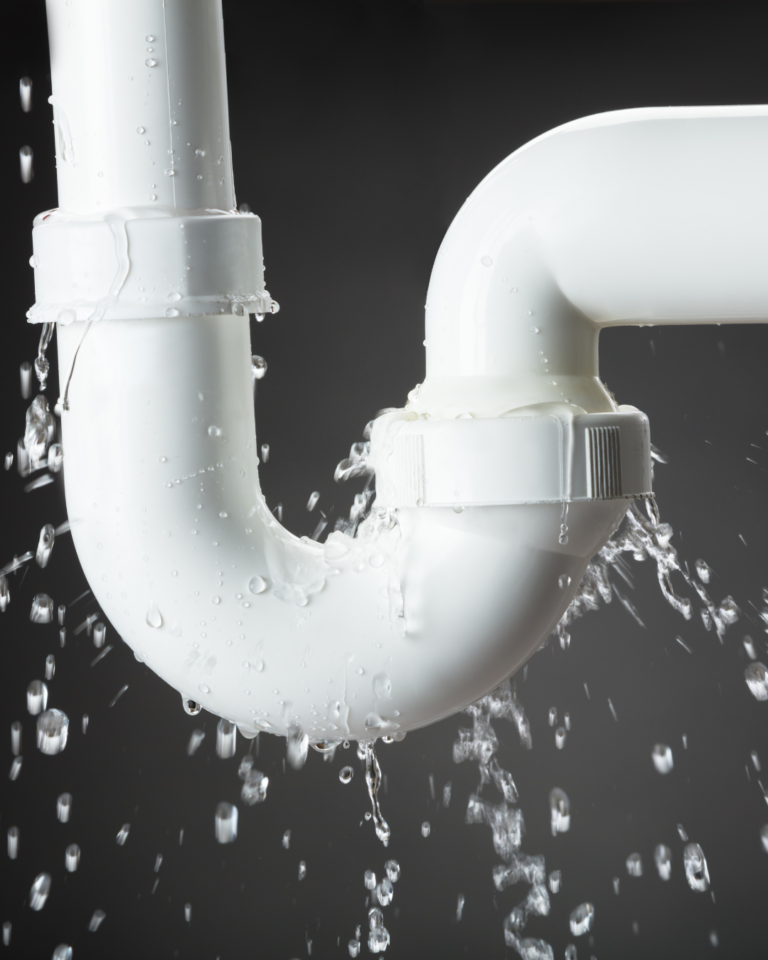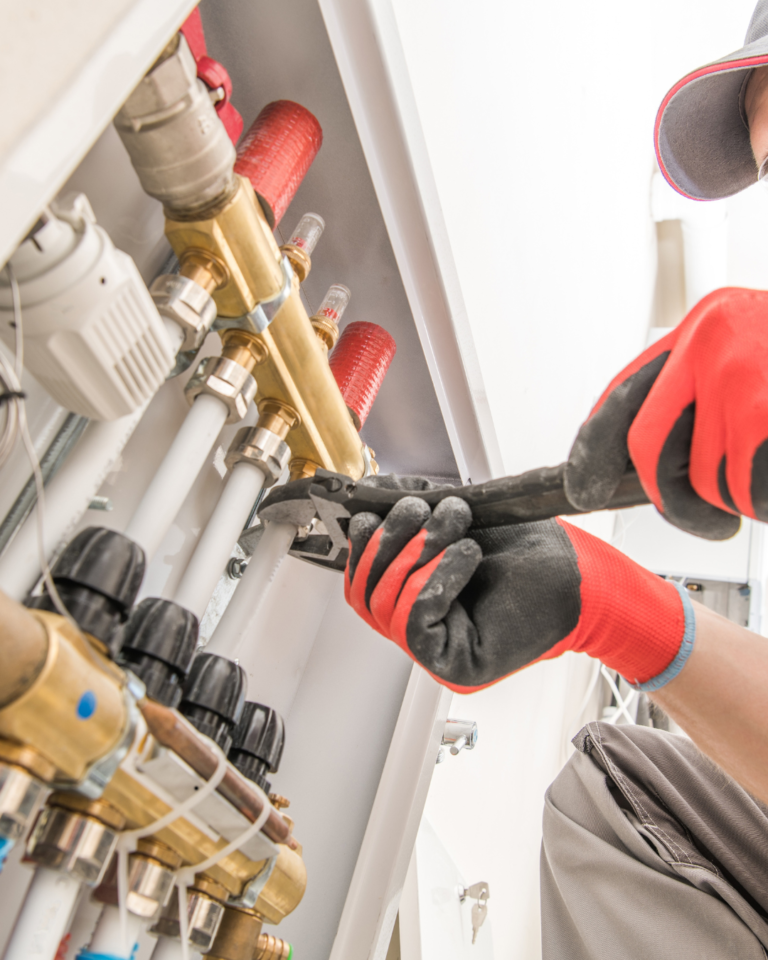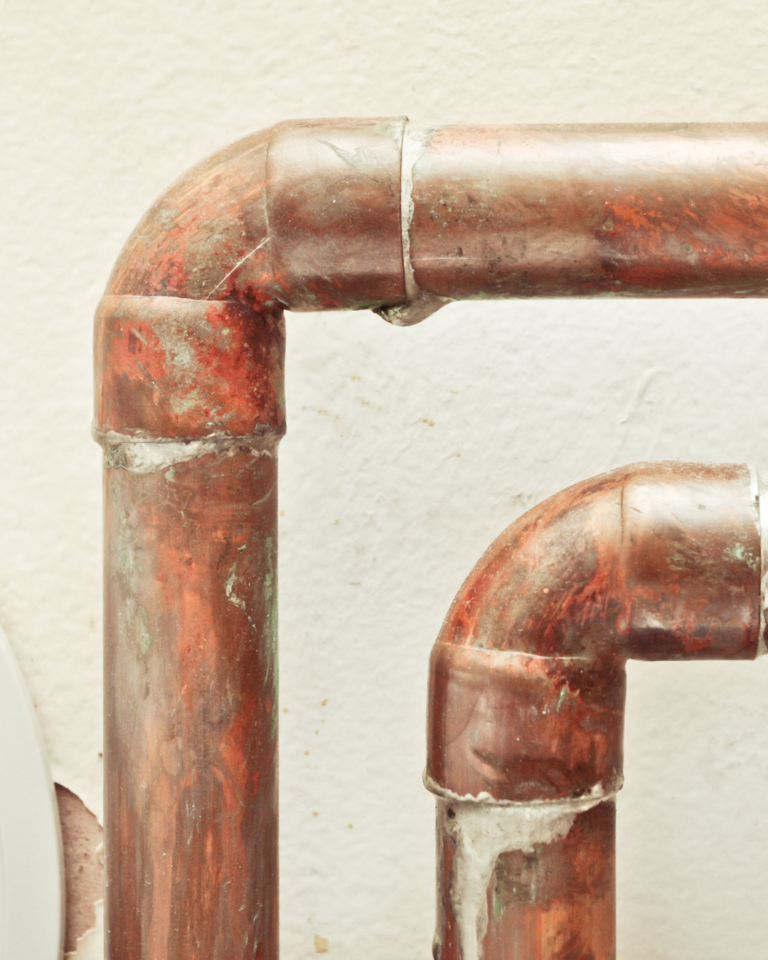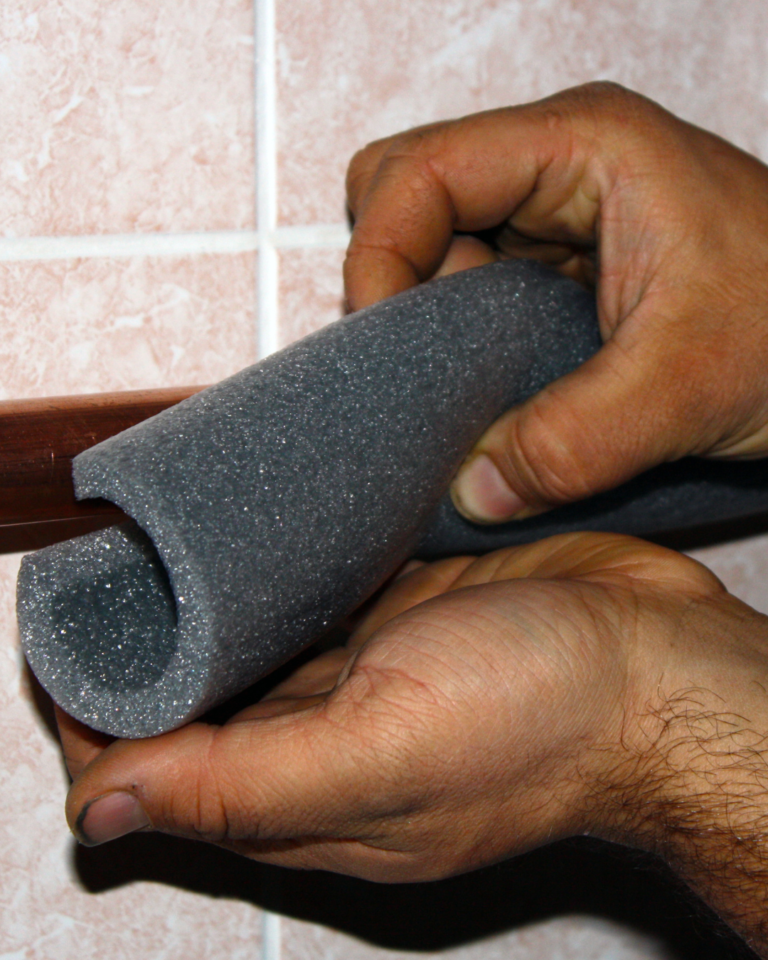What type of garage heater or shop heater should you install (portable, permanent, electric, natural gas, forced air, infrared, in floor heating, etc.)?
What are your specific requirements (constant heating, intermittent heating, spot heating, supplementary heating)? For what purpose do you use your garage?
CONSTANT CONTROLLED TEMPERATURE HEATING
- You have a bonus room above your garage and wish to improve the temperature comfort level of the bonus room floor.
- You use your garage as a workshop on a daily basis and want to incorporate a night setback thermostat to conserve energy.
- You just want to jump into a warm car that is easy to start when you are leaving the house or going to work.
- For this application a ceiling mounted forced air natural gas or propane unit may be appropriate. You may then incorporate a standard or setback thermostat for this application. Note: This may require the installation of an underground gas line to the garage, if not already existing.
INTERMITTENT HEATING
- Do you only want to heat the entire garage when you are working in it?
- How quickly do you need to recover the garage temperature to a comfortable level? The recovery period will be affected by the size of the heated space, insulation and whether it is attached or detached.
- Do you need a working temperature of 22 deg C or will 10 deg C suffice?
- Do you require manual, automatic, or night setback temperature control?
- Is a natural gas line readily available or will a new underground run need to be installed?
- Is 220V-AC available in the garage or is a new run required from the house?
- Under this scenario you may want to look at a number of options.
- A ceiling mount natural gas heater with manual, automatic or night setback thermostat
- A ceiling mount 220V-AC electric heater with thermostat or manual control.
- Portable electric or gas fired units (propane, kerosene, etc.) are not recommended for garage use due to safety concerns. Remember gas fumes are heavier than air and therefore will sink to the floor level. A spark from a controller or ignitor could cause a fire or explosion.
- Propane should never be utilized or stored inside a structure. Propane bottles are equipped with a safety pressure relief device. In the event the pressure relief device trips (opens its valve) propane will be discharged into the space, creating a fire and explosion hazard.
SPOT HEATING
- Is your primary objective to warm a designated area or the floor?
- Do you need warmth quickly?
- If so you may want to consider a natural gas radiant heater.
- Be aware that if your garage has a low ceiling and you are working directly under the radiant heater, expect your upper body to feel much warmer than your lower body.
- If your garage floor tends to be cold the radiant heater can warm the surface fairly quickly.
SUPPLEMENTARY HEATING
- You may be currently heating your garage with a wood heater, hot water or other equipment.
- In the event you aren’t storing fuel or vehicles ever in the garage you may want to look at the options above to determine the best fit for your situation.
- If your equipment is located at floor level and you store fuel or vehicles in the garage, then you should be concerned about the potential for fire and explosion hazards. This is a safety and insurance issue that may impact the homeowner. Our recommendation is to retire this existing equipment and upgrade to meet current codes.
MAINTAINING YOUR GARAGE ABOVE FREEZING CONSIDERATION.
In the event you have snow or ice on your vehicle and you enter a garage that is heated above 0 degrees C expect to have water & moisture on the floor. This moisture maybe laden with salt or other corrosive agents causing the garage floor concrete to deteriorate or spawl over time. Also a potential human slip safety hazard exists if the water freezes on the garage floor.
If you are interested in having a garage heater installed in your garage, then contact us today for more information! We hope to hear from you soon.
For Sales or Service CALL Pro Service 306-700-3252





